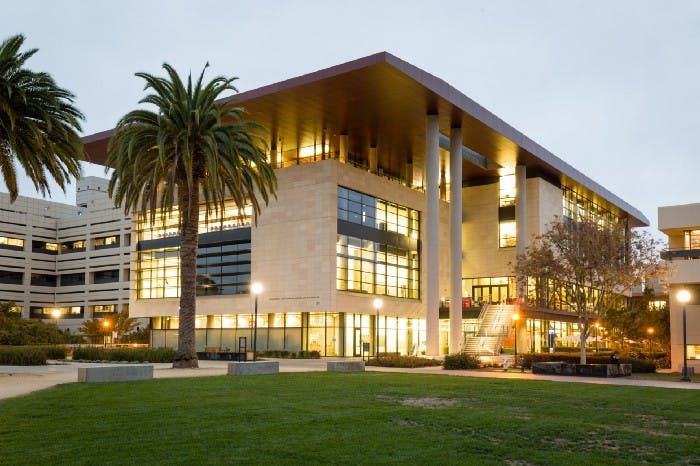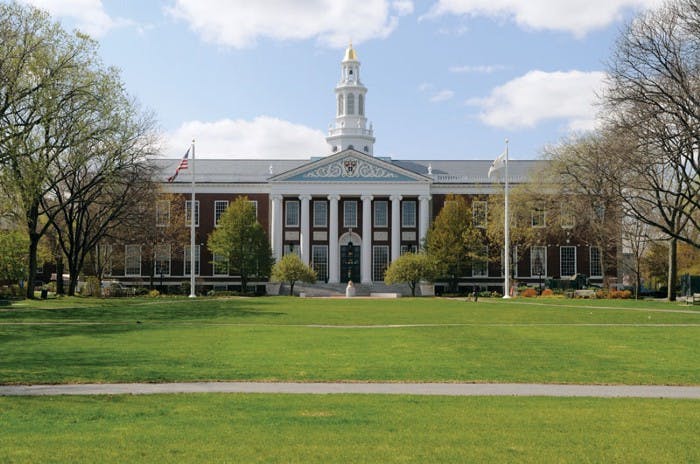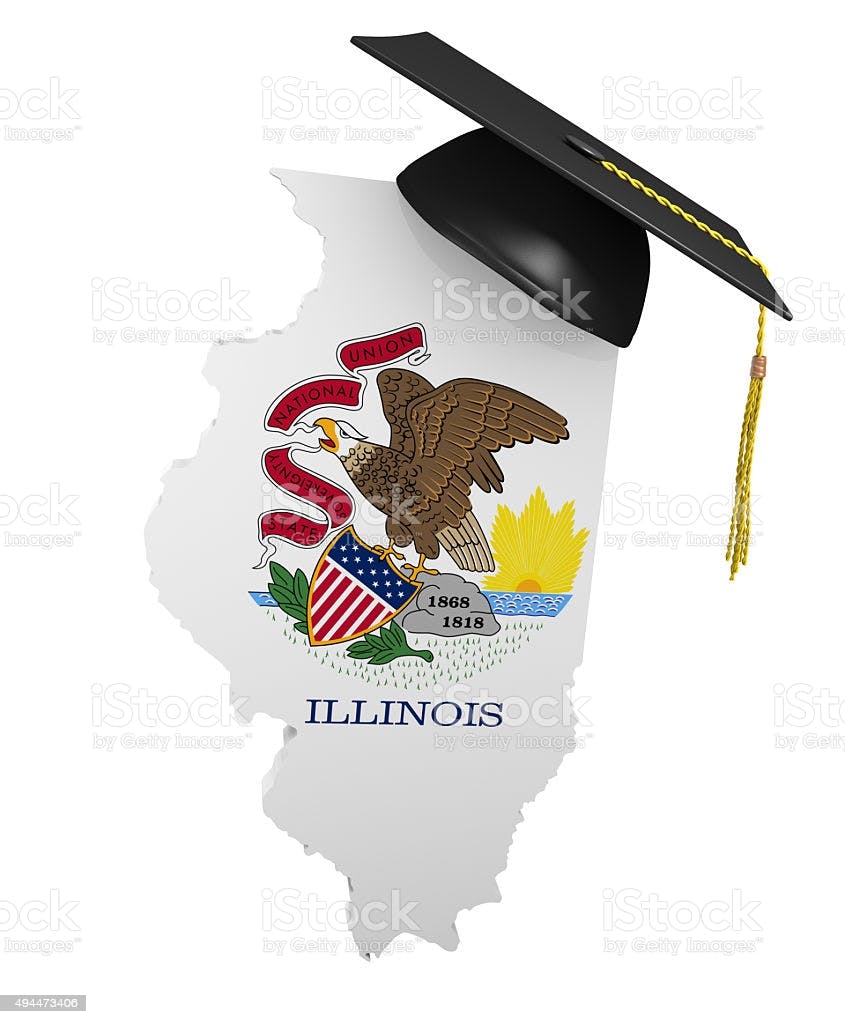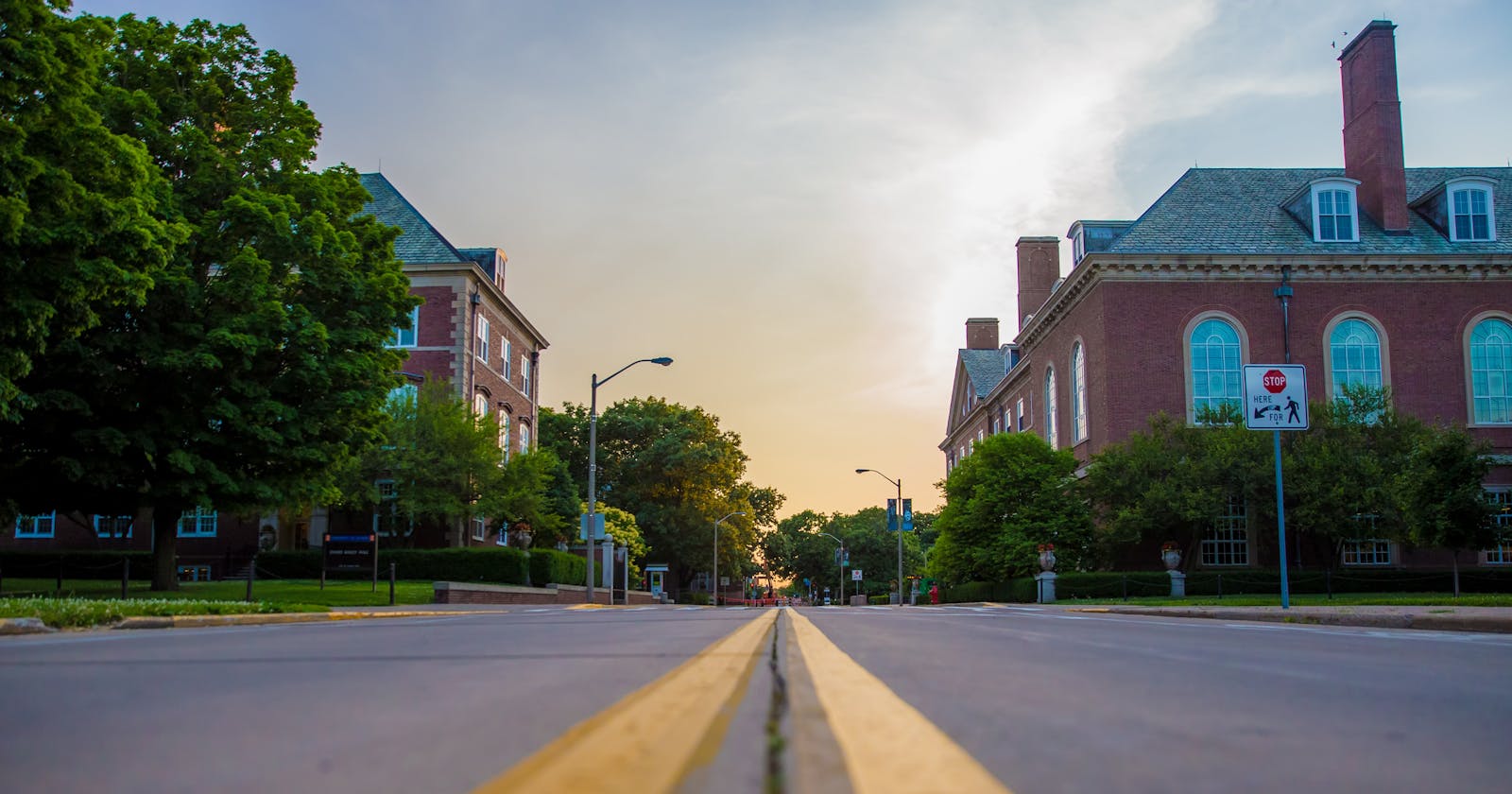It's not necessary that you have to go right after college you can go after working for a couple of years or doing research or something after undergraduation,so especially if you're applying for masters that are very coarse heavy then the programs often focus on cgpa because the application committee thinks that it's a good reflection of how good uh,how well you can learn and understand course.
In this article,We will talk about few things that majority of people have in mind:
~Why should you go for a Masters?
~When we should decide to go for Masters?
~How to Prepare?
~What preparation we can start from college?
Here's some of experiences I had listened from my Friends,Seniors,Tech Folks so on...
Why should you go for a Masters?
Personally I opted to go for a Masters because I wanted to increase my knowledge in a field that I was interested in which is machine-learning. I wanted to learn more about this & developed some specialized skills that I couldn't in my undergraduate program because it's a more general program.
So,in general if you want to switch to something,switch to stream that you prefer or if you want to learn more about a particular stream then it might be a good idea to do a masters to develop those skills. so that you could get the kind of career paths that you want.
When we should decide to go for Masters?
So throughout college from like talking to my seniors & listening to their experiences with their jobs & listening to some of my seniors experiences doing a masters so on....
I kind of realized earlier on itself that I eventually wanted to do a masters for the experience and for the learning's but i wasn't sure exactly when to do so until recently i was very confused about opting for a job versus going for higher studies but I just decided to go along for a masters if i got an offer that i was very happy and excited about.
So,in general I think,If you think at any point of time in the future you might want to go for higher studies it's always better to keep that option open. So,it's not mandatory that you have to go immediately and in fact most people do take some time off after their undergrads & then go for higher studies if they want to.
If you are interested in going for higher studies then there are somethings that you need to prepare for in a advance ,somethings that you have to do long-terms & somethings that you have to do on a more short-term before you apply in order to have a complete application.
How to Prepare?
Long term preparation that you kind of need to do,there's 3 kind of aspects that stand out most:
CGPA
Projects & Publications
Internships
First aspect that most of you might have heard of is CGPA. There's no specific number cut-off so like for example,if you have above 9 it's not necessary that you would get the masters of your choice and at the same time if you've lower cgpa it's not necessary that you won't get a masters program that you're happy with.
It's kind of flexible thing but in general the more the better so especially if you're applying for masters that are very coarse heavy then the programs often focus on cgpa.
So for example,if you want to apply for a Phd instead then CGPA becomes less of a criteria & other criteria such as research experience,publications so on...they tend to take priority for Phd admit.
Even if you have a CGPA on the kind of lower on the end of the spectrum,then you can compensate for it with some of the other things that people generally look for in a master's application such as project,publications,internships as well as work experiences.
So for example,someone could walk or do a research-assistant for a couple of years & then apply for masters if they aren't happy with their CGPA.
What Preparation we can start from college?
As I mentioned earlier,But obviously we have time constraints,we have a specific interest and so -forth
So the tip that I would like to give is you should aim to have deliberate deliverables for whatever projects you do. So for example,if you're doing an informal with a professor or something of that sort try to have some code that's pushed to github or like maybe a pre-print or paper if you can.
It's much easier to say than done but these things are concrete,tangible deliverables that you could get from projects are very useful to show the admission committee that you're interested in pursuing. Also try to be proactive & approach professors from an early year point itself. So try to figure out broadly what your research interests are I know that's difficult.
One way to do that is doing projects so if you can start early then if you apply to professor that'll help you kind of understand what you like and what you don't like.
Short-list bunch of professors who are related to your field and mail them with what you've done so far how it ties to what they work on & what you want to do in future!!
Also as a disclaimer, I would like to mention that the rankings and recommendations I show here are completely my personal analysis based on my friends and their experiences.
Top 5 Computer Science Specializations for MS
- Artificial Intelligence (AI)
- Machine Learning (ML)
- Data Science
- Cognitive Science
- Human Computer Interaction
Best Global Universities for Computer Science
- Stanford University

- MIT University

- Carnegie Mellon University(CMU)

4.Harvard University

- University of Illinois--Urbana-Champaign

6.University of Washington


